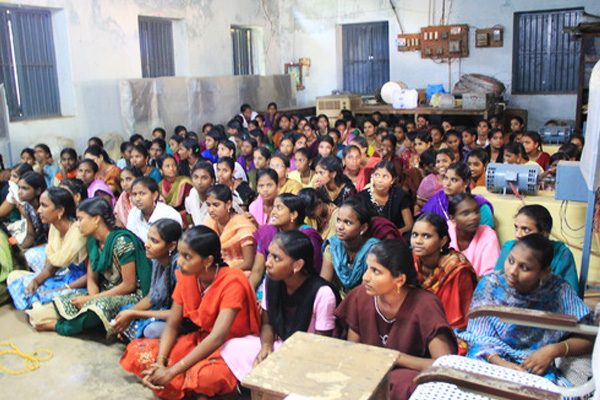Prajwala

Prajwala
The philosophy of Prajwala evolved based on the need of women and children who are victims of trafficking. Prajwala emerged as an anti-trafficking organization, which believes in preventing women and children from entering prostitution, which is the worst form of sexual slavery. The organization is actively involved in second-generation prevention, rescue, rehabilitation, restoration and social reintegration of victims of trafficking for commercial sexual exploitation. These objectives are achieved through a multi-pronged approach, as trafficking is a multi-dimensional problem.
During the process of implementation of various programs to combat causes of trafficking PRAJWALA evolved need based interventions and methodologies which are the mile stones for the organization and breakthrough in the sector of anti-trafficking.
Hundreds of thousands of young adults and children are traded for flesh trade in the guise of jobs, marriage, film roles, modeling and love. More often than not these traders of human misery are not strangers to the victims. Criminal conspiracy to exploit human vulnerability is at the core of human trafficking. Trafficking in women and children is one of the worst forms of violation of human rights - a form of modern day slavery where the victim is subjected to violence, violation of personal integrity and total humiliation, without any hope of succor. The victim of such devastating violence may also end up with life threatening HIV/AIDS or a lifetime of trauma and personality disintegration.
Trafficking is thus a violation of several human rights - among them, the very right to life, the right to liberty and security of person, the right to freedom from torture or cruelty, inhuman or degrading treatment, the right to a home and family, the right to education and proper employment, the right to health care – everything that makes for a life with dignity. Today, sex trafficking in women and children is one of the fastest growing areas of national and international criminal activity.
Back To Charities